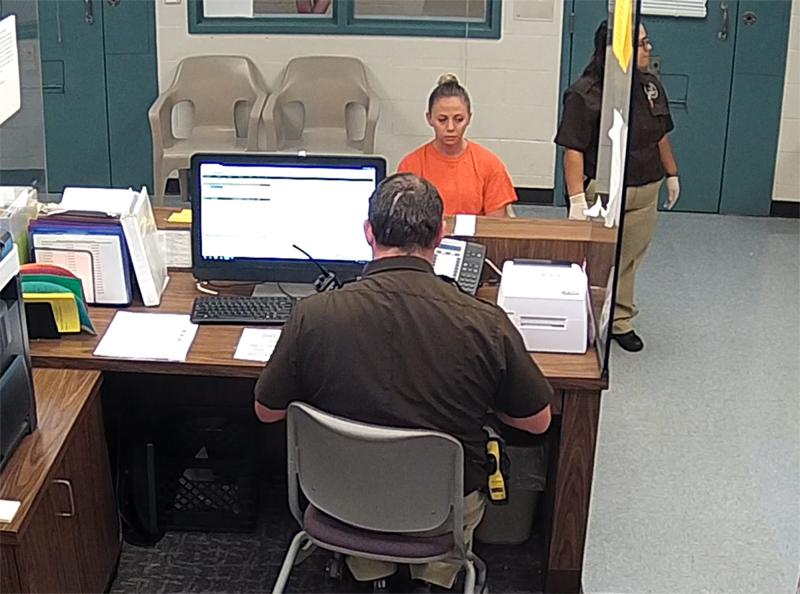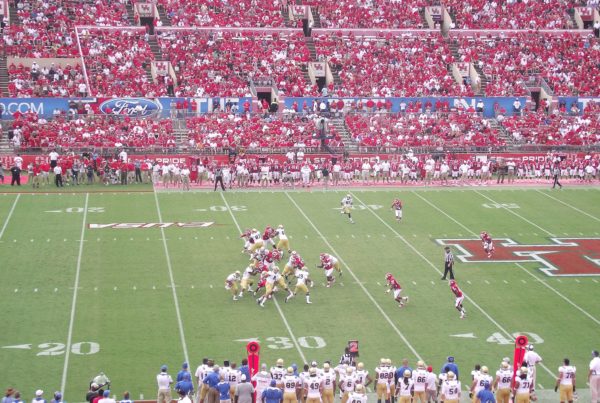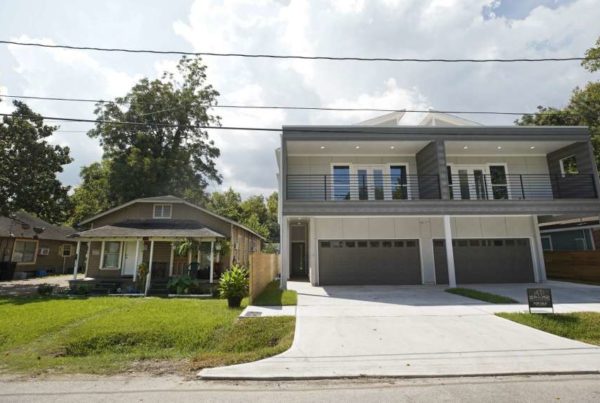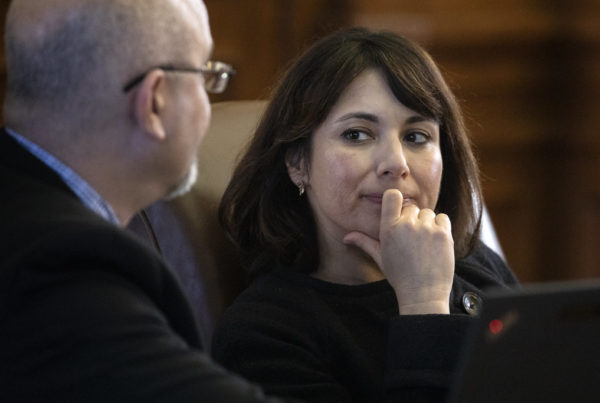On Tuesday, a jury convicted former Dallas police officer Amber Guyger of murdering Botham Jean in 2018. Guyger claimed she mistook Jean’s apartment for her own and shot him, thinking he was an intruder. Now, the jury is considering Guyger’s punishment, which could range from five to 99 years in prison.
Kenneth Williams is a professor at South Texas College of Law in Houston who specializes in criminal law. He says the case is unique for many reasons, but he didn’t expect the jury to decide on a murder conviction – manslaughter seemed more likely. The jury also decided quickly – in just a few hours.
“The case itself is so unique. I don’t remember any case at all where a police officer walks into the wrong apartment and ends up killing someone,” Williams says.
But the trial proceeded in standard fashion. Guyger was charged with murder, and in order to get a conviction, prosecutors had to prove that she intended to kill Jean.
“She actually admitted on the witness stand that she did, in fact, intend to kill him,” Williams says. “So it’s, in a way, a straightforward application of the Texas murder statute.”
The jury could have convicted Guyger of manslaughter. But Williams says that wouldn’t have made sense based on the evidence presented. Manslaughter would indicate that Guyger killed Jean accidentally, “through reckless conduct,” he says. Killing someone while driving drunk is an example of manslaughter.
“It’s not surprising that the jury did not accept that as a possible conviction because that’s an unintentional homicide, and she admitted on the witness stand that she did intend to kill him,” Williams says.
The jury could also consider the Castle Doctrine, which gives a homeowner the right to use deadly force to defend themselves. Williams says the jury didn’t think the Castle Doctrine applied because Guyger wasn’t in her own home when she shot Jean; she was at the door of Jean’s apartment.
Now, the jury will decide Guyger’s punishment after hearing more from both the defense and prosecution teams. Williams says the prosecution is going to try to show that Guyger had expressed racist beliefs in the past, which played a role in her killing Jean. (It released racist text messages from Guyger in court on Tuesday.) On the other hand, Guyger’s defense team will try to “soften her up,” he says.
“My guess is they might have a family member come in and testify, and maybe others on the police force will testify that she was a good person,” Williams says.
He predicts that Guyger will serve 10-15 years, and that’s based on the punishment for another police officer in Dallas who was convicted of murder a few years ago.
“She has to receive at least five years, that’s the minimum,” he says, “but the jury has a lot of discretion.”
Written by Caroline Covington.















